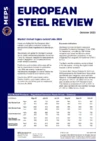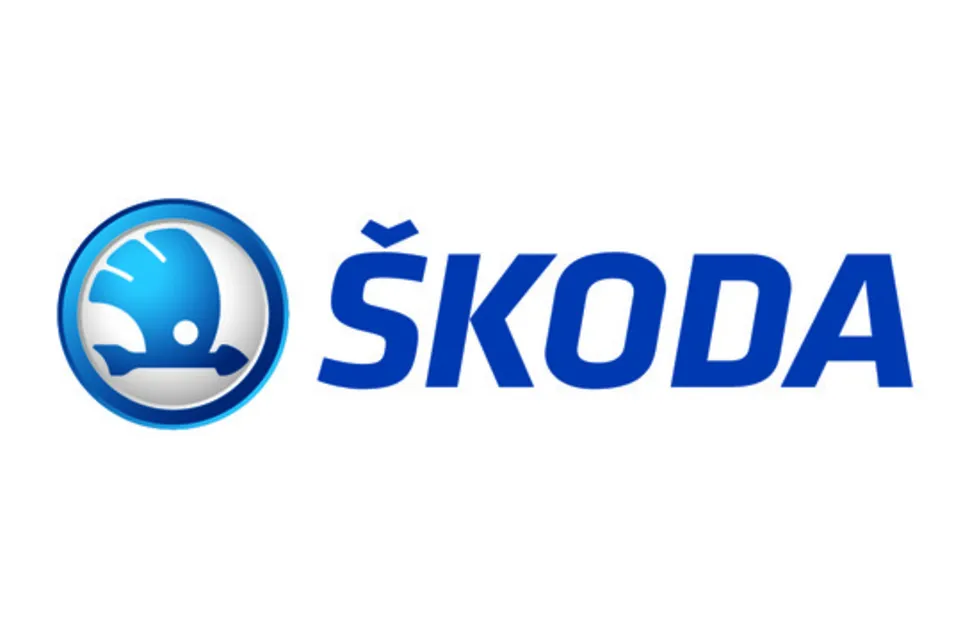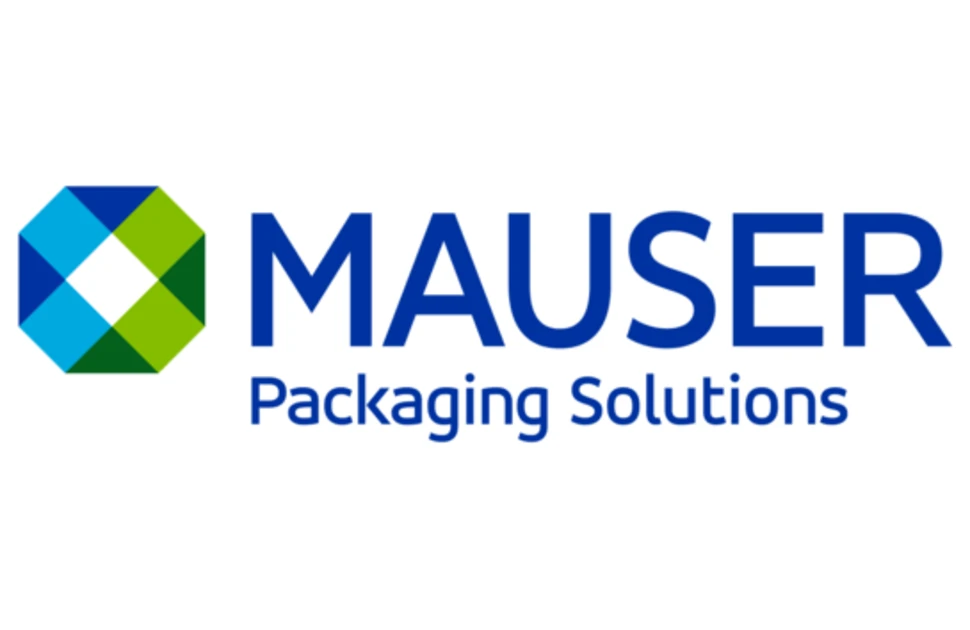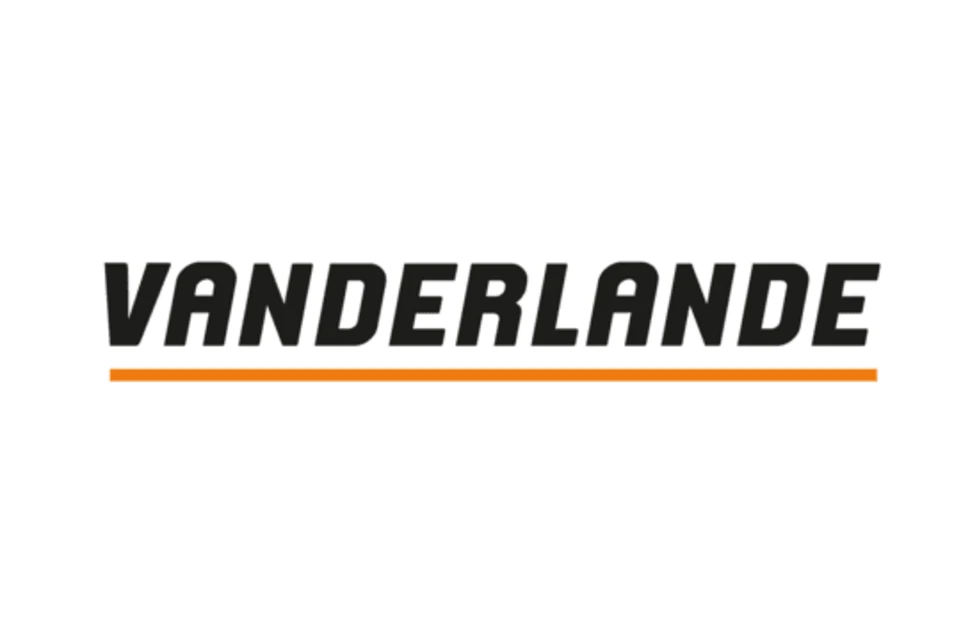Revised auto emissions policies may help steel demand
Strict regulations designed to accelerate carmakers' electric vehicle (EV) sales in the EU and United Kingdom could be relaxed in an effort to smooth the vital steel-consuming industry’s road to decarbonisation.
The European Commission’s ‘Industrial Action Plan for the European automotive sector’ proposes an extension to the compliance period for the EU’s CO2 emissions targets from one to three years. The change would allow European carmakers more time to meet the targets, potentially avoiding substantial fines for non-compliance.
Meanwhile, UK business secretary Jonathan Reynolds has said that “a substantial change of policy” to its EV sales mandate would be implemented. He made the comments during a trip to Tokyo to meet officials from Nissan, which has a 600,000 car per year capacity production facility in Sunderland.
Carmakers have been critical of the UK’s EV mandate, which dictates that 28% of new car sales must be zero-emissions vehicles from 2025 (up from 22% in 2022-2024) and 80% from 2030. A ban on the sales of all non-EV new cars will be implemented in 2035. Nissan has questioned the effect of GBP15,000 fines imposed for non-compliance, however, and wants greater flexibility to ensure the viability of UK car manufacturing.
Steelmakers exposed to automotive weakness
MEPS’s steel market contacts have been exposed to the effects of reduced demand for new cars in Europe. The automotive sector is Europe’s second largest consumer of steel, accounting for around 17% of material procured in the region.
In recent months, mills reported that negotiations over their supply contracts with steel buyers in the automotive supply chain had been significantly extended. Some agreements, normally settled in October or November, were not reached until February. As major OEMs, including the Volkswagen Group and Stellantis, sought to cut costs, savings of EUR100-120 per tonne were initially sought for automotive grade steel coils.
Vehicle sales remain well below their pre-Covid levels. Elevated inflation and interest rates have combined with the increased cost of EVs, when compared with their petrol and diesel alternatives, to significantly reduce the affordability of a new car.
Jato Dynamics reported that the average retail price of a car in Germany is now EUR56,735. This is more than the EUR51,900 income of the average German employee before tax, according to the country’s Federal Statistical Office.
EU car registrations rose by 0.8%, to around 10.6 million units, during 2024. However, EV sales declined by 5.9%, their market share declining to 13.6%. The UK’s new car registrations rose by 2.6%, to 1.95m units, as its EV market grew by 21.4%, achieving a market share of 19.6%.
Growing appetite for Chinese EVs
The UK’s EV mandate is increasing sales. However, UK consumers’ growing appetite for low-cost Chinese EVs is reducing the benefit to the EU’s carmakers and its steel industry.
In 2024, the nation’s four major Chinese brands – BYD, MG, Omoda, and Ora – saw their UK registrations rise by 14% to almost 100,000 units.
Furthermore, despite the European Commission’s October 2024 introduction of 7.8-35.5% tariffs on Chinese EVs, the country’s vehicles outsold those produced in Japan, South Korea, Turkey and the UK, in the EU last year. Chinese vehicles’ overall EU market share rose by one percentage point, to 4.9%. China’s share of EU EV sales is above 20%.
Commenting on the 2024 data, Jato Dynamics market analyst Felipe Munoz said that it “remains to be seen” what effect the EU’s import tariffs will have on Chinese vehicle sales. However, Jato later reported that Chinese brands registered more than 37,000 vehicles in the EU during February – up 52% year-on-year.
According to Eurofer’s economic and steel market outlook report (February 2025), the EU automotive sector will deliver a modest 2.1% recovery in 2025. This would maintain production volumes well below their 2019 levels.
The European Commission’s recently published Clean Industrial Deal suggests that the EU’s automotive sector will be a “lead market” for low-emissions steel in the years ahead. As such, draft plans to support carmakers and consumers may need to be accelerated.

Source:
European Steel Review
The MEPS European Steel Review is an informative, concise and easy-to-use monthly publication, offering unique professional insight into European carbon steel prices.
Go to productRequest a free publication





